"+1, the ecology turned into actions", Veolia’s stakeholder consultation prototype, held the last session in its 2022 cycle on Tuesday, 29 November 2022. The agenda for the half-day session included gaining a clearer insight into how the ecological transformation affects employment and inclusion, and vice versa.
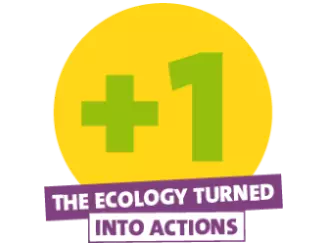
After focusing on territorial resilience in June and innovation in September, the "+1" collective set its sights on the issues involved in inclusion and employment. As with the previous editions, this last session addressed the same cross-cutting issue of turning stakeholder cooperation into a driving force and accelerator for delivering a more effective response to the challenges inherent in the ecological transformation.
Ecological transformation and employment:
related challenges
To stimulate the brainstorming process, four experts began sharing their analyses and feedback on these key issues with the members of the "+1" collective:
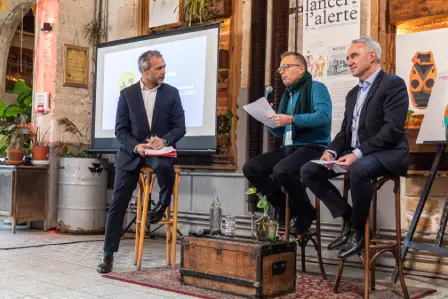
Damien Brochier zeroed in on the distinction between jobs and skills, while emphasising the issue of transferable skills against the supposed "disappearance" of certain jobs.
New jobs are very often based on a hybrid range of skills carried over from existing jobs.
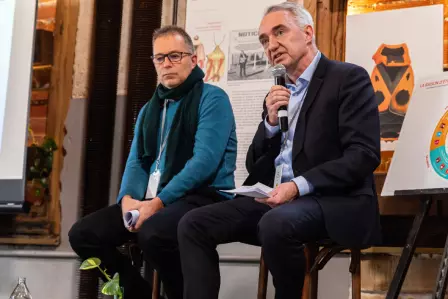
Olivier Carlat reminded of the need to combine the ecological transition with social justice, while not forgetting to ensure that the thought process addresses the idea of reinforcing employment in the local communities.
One of the major challenges with the ecological transformation is that it is ecological and social, a factor for inclusion and chance to think about a model of society that is not only greener but also fairer.
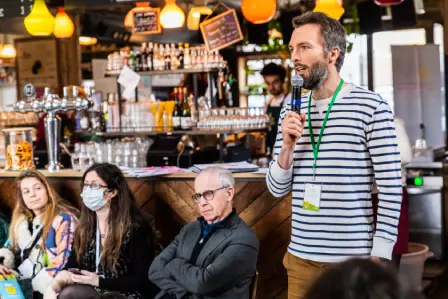
Yannick Servant spoke about the experiences and mechanisms for empowering senior executives, as well as their power to engage their employees in particular:
The idea is to invite senior executives to embark on a transformative journey. We are talking about six sessions, each lasting two days. Twelve full days over ten months for a company director is huge! If we do that, we will really achieve a paradigm shift and a deeper understanding.
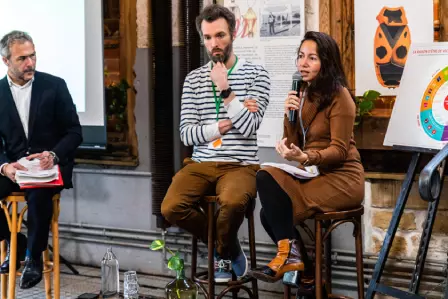
Morgane Vidal explained the tools that are used to provide training on ecological transformation to all employees, from senior executives to field operatives. A prime example is the Ecological Transformation Fresk deployed across the Group.
We need to empower employees through common knowledge and language.
The session was led by Antoine Brachet, Associate Director of collective intelligence consultancy bluenove, which is a partner of the "+1" collective. The various speeches laid the foundations for all members to discuss the risks and opportunities that the ecological transformation presents for employment and inclusion:
- How can we train employees and managers on the various ecological transformation issues?
- How can we move from training to action?
- How can we support the changes in employment and the employees affected?
- And so on
Taking action, between stakeholders
After working alongside stakeholders in the same category (Employees, Clients, Shareholders, Society and the Planet) and then with different stakeholders, the members of the "+1" collective shared their concrete ideas on how employment and inclusion can be used to accelerate the ecological transformation strategy.








